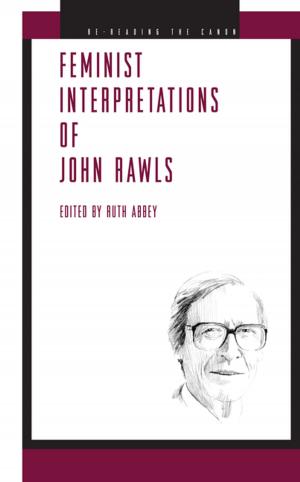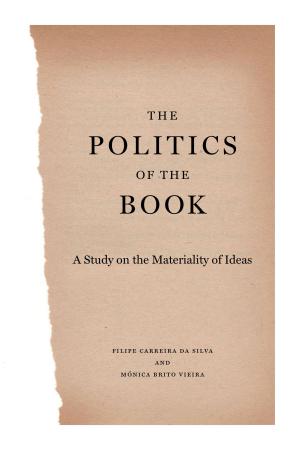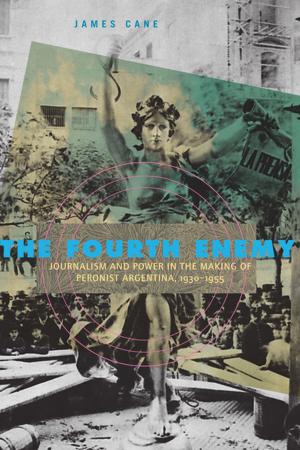The Violence of Victimhood
Nonfiction, Social & Cultural Studies, Social Science, Crimes & Criminals, Penology, Religion & Spirituality, Philosophy, Political| Author: | Diane Enns | ISBN: | 9780271072302 |
| Publisher: | Penn State University Press | Publication: | March 26, 2012 |
| Imprint: | Penn State University Press | Language: | English |
| Author: | Diane Enns |
| ISBN: | 9780271072302 |
| Publisher: | Penn State University Press |
| Publication: | March 26, 2012 |
| Imprint: | Penn State University Press |
| Language: | English |
We know that violence breeds violence. We need look no further than the wars in the western Balkans, the genocide in Rwanda, or the ongoing crisis in Israel and Palestine. But we don’t know how to deal with the messy moral and political quandaries that result when victims become perpetrators. When the line between guilt and innocence wavers and we are confronted by the suffering of the victim who turns to violence, judgment may give way to moral relativism or liberal tolerance, compassion to a pity that denies culpability. This is the point of departure in The Violence of Victimhood and the impetus for its call for renewed considerations of responsibility, judgment, compassion, and nonviolent politics.
To address her provocative questions, Diane Enns draws on an unusually wide-ranging cast of characters from the fields of feminism, philosophy, peacebuilding, political theory, and psychoanalysis. In the process, she makes an original contribution to each, enriching discussions that are otherwise constricted by disciplinary boundaries and an arid distinction between theory and practice.
We know that violence breeds violence. We need look no further than the wars in the western Balkans, the genocide in Rwanda, or the ongoing crisis in Israel and Palestine. But we don’t know how to deal with the messy moral and political quandaries that result when victims become perpetrators. When the line between guilt and innocence wavers and we are confronted by the suffering of the victim who turns to violence, judgment may give way to moral relativism or liberal tolerance, compassion to a pity that denies culpability. This is the point of departure in The Violence of Victimhood and the impetus for its call for renewed considerations of responsibility, judgment, compassion, and nonviolent politics.
To address her provocative questions, Diane Enns draws on an unusually wide-ranging cast of characters from the fields of feminism, philosophy, peacebuilding, political theory, and psychoanalysis. In the process, she makes an original contribution to each, enriching discussions that are otherwise constricted by disciplinary boundaries and an arid distinction between theory and practice.















